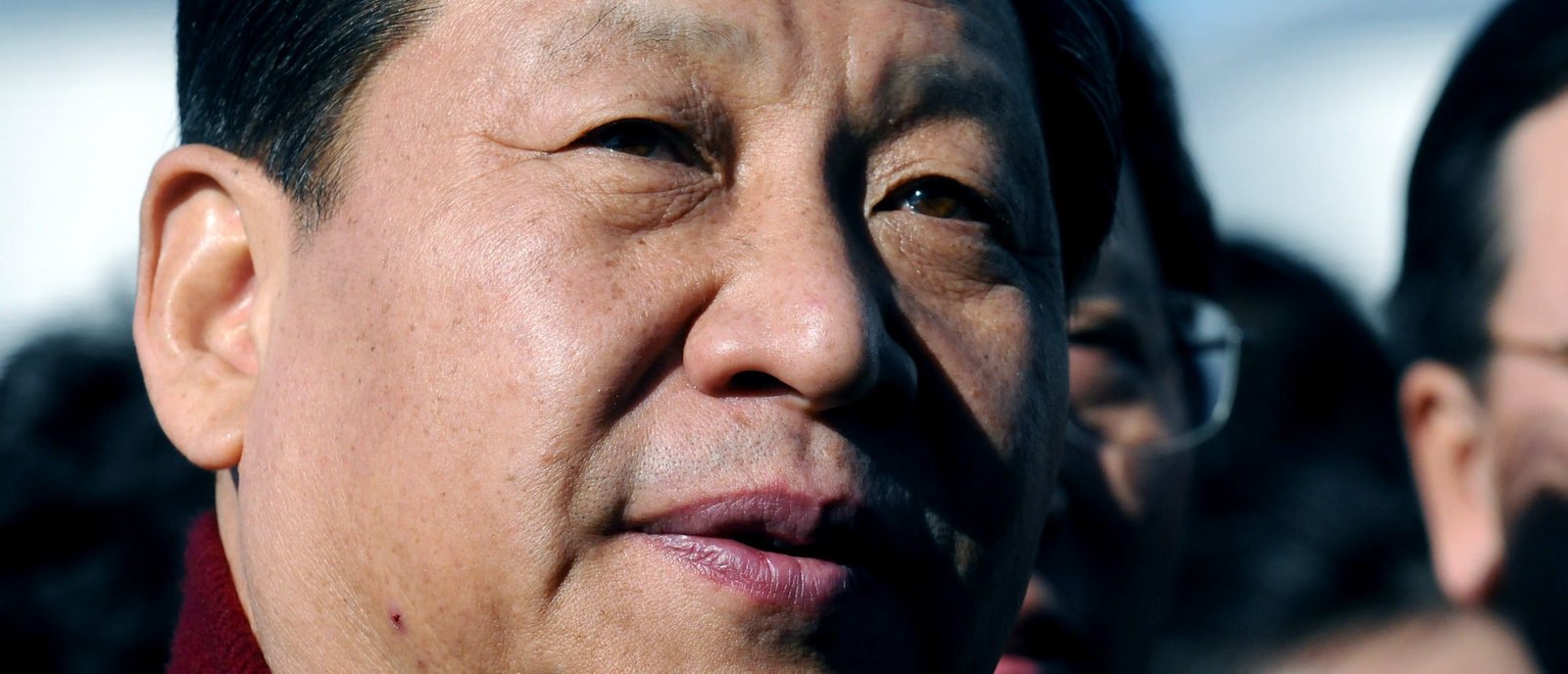Political Disagreements and Family Ties
Since 2016, many liberal families have faced tensions, particularly when President Trump first took office and media narratives encouraged disdain for him. This sense of “misunderstanding” turned into a high offense, where social backlash became the expected response.
It seems like nearly every conservative person can relate to having family members who feel they’re less than human for supporting Trump. The fervent proponents of leftist ideology often express their disappointment in lengthy messages, detailing how conservative views can lead to the perception of being part of a dangerous regime. They rarely acknowledge that others might share their concerns but reach different conclusions on how to address them. No, if you lean right, you’re just considered an uninformed supporter of authoritarianism.
Now, after years of this dynamic, the New York Times’ opinion section reflects on the phenomenon, suggesting a way to mend family fences. David Litt, a former Obama speechwriter, recently contributed a piece titled “Is It Time to Stop Alienating Right-Wing Families?” His argument seems to revolve around the idea of reconnecting with conservative relatives, though one might question if that’s truly his intent.
Litt has previously encouraged openness among family and friends despite political differences, but it appears that his disdain for certain views hasn’t shifted. He often blocked family members over differing opinions on the Covid-19 vaccine, citing that being unkind to vaccine skeptics felt justified.
Sure, he understands the desire to distance oneself from those who resist change, but he’s begun to wonder what that strategy really achieves. It seems, rather pretentious to think that harshness would lead to enlightenment for conservatives—a realization he’s slowly coming to.
He reflects on moments in life, like surfing, where he felt outclassed by his family. Despite his self-image as intellectually superior, he acknowledges their improvement in skills, which somehow made him reconsider his attitude. He muses that, perhaps, this shared activity did foster some sort of mutual open-mindedness.
Yet, Litt remains conflicted. Although he recognizes that political disagreements can be weaponized to create division, he still holds a somewhat rigid view of those he disagrees with—believing that their political beliefs render them intolerable. His insights about reconnecting with loved ones are tempered by a reluctance to fully bridge the political divide.
Interestingly, feedback from the liberal community on his piece has been harsh, with many arguments emerging in the comments. Some felt that Republicans are endorsing dangerous ideologies, while others outright reject any kinship with conservative family members. This wave of disapproval speaks volumes about the climate of political discourse today, where kindness is often overshadowed by deep-seated animosity.
Overall, it reveals a compelling facet of our political landscape—one where personal and political lives are increasingly intertwined, yet often at odds.
















